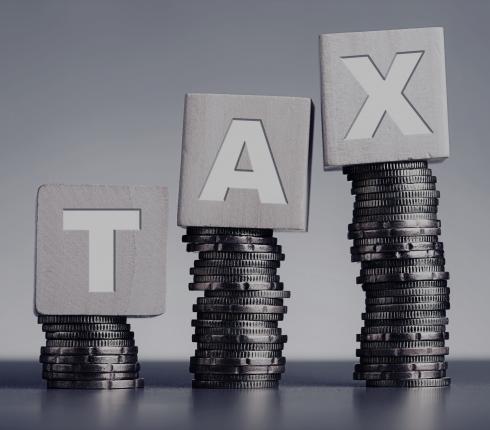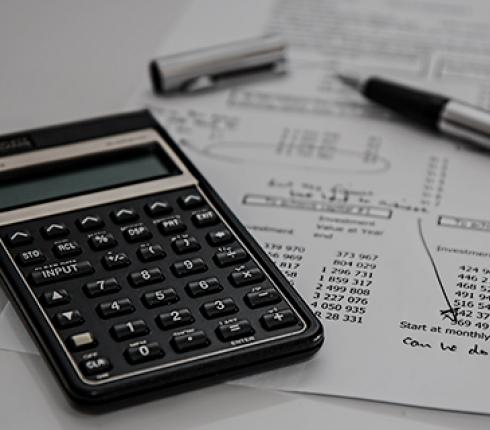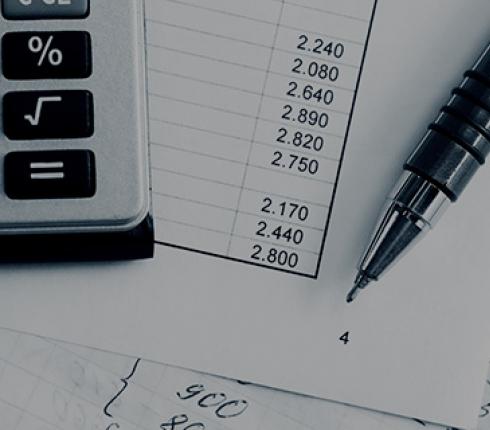The Supreme Court upholds rejection of a VAT refund claim raised directly against the Danish Tax Authorities
On December 1, 2023, the Supreme Court upheld the High Court's rejection of a refund claim directed directly against the tax authorities by a company that had erroneously been charged - and had paid - a VAT amount of DKK 11,119,844.90 to the company's supplier.
THE FACTS OF THE CASE
The company was engaged in the wholesale of electronic goods - including computers, mobile phones and software. In the period from April 16, 2012 to June 28, 2012, the company purchased electronic goods from a supplier. For the supplies, the supplier charged Danish VAT for a total of DKK 11,119,844.90 divided between 52 invoices.
The supplies were treated for VAT purposes by the parties under the assumption that the place of supply for VAT purposes was in Denmark and that Danish VAT was therefore payable. As a result, the company paid the collected VAT to the supplier.
However, during a subsequent inspection, the Danish Tax Authorities found that the place of delivery of the goods was not in Denmark for VAT purposes. Instead, it was in Austria and the Netherlands, because the right of disposal of the goods was not obtained by the company until the goods were delivered to warehouses in Austria and the Netherlands. Thus, the company had to pay VAT on the supplies in Austria and the Netherlands, respectively.
In November 2012, the supplier was placed under bankruptcy proceedings and had not previously paid the erroneously charged Danish sales VAT amount of DKK 11,119,844.90 to the Danish Tax Authorities.
The question was then whether the company was entitled to deduct the erroneously levied Danish VAT and, alternatively, was entitled to claim an amount corresponding to the erroneously levied Danish VAT directly from the state, even though the VAT amount had never been paid to the tax authorities by the supplier.
THE DECISION OF THE HIGH COURT
The High Court ruled that the company could not exercise a right of deduction for the VAT amounts paid since the place of supply for VAT purposes was in Austria and the Netherlands, and that the purchases of goods were therefore not taxable in Denmark.
As regards the company's alternative claim for a direct claim for repayment against the Danish State for the VAT erroneously paid to the supplier, the High Court stated that, according to EU practice, it is not excluded that such a repayment claim can be directed against the State in the event of the seller's (supplier's) bankruptcy, when the seller has paid the VAT to the State Treasury.
However, in the circumstances in question, where the amount had not been paid, the High Court found that the erroneous declaration of Danish VAT in the invoices and the payment thereof to the supplier was solely due to the internal relationship between the parties. And it was not established by the company that there should be a basis for a payment claim against the Danish Tax Agency.
THE SUPREME COURT'S DECISION
Before the Supreme Court, the case only concerned the company's alternative claim in the High Court regarding the repayment claim against the tax authorities for the VAT amount of DKK 11,119,844.90 incorrectly charged by the company's supplier.
In its claims, the company stated that neither the VAT Act nor the case law of the European Court of Justice requires the supplier to have paid the amount to the authorities as a condition for the customer to be able to claim the amount back from the tax authorities, with reference to the fact that a denial of this right would entail a risk that the state would be unjustifiably enriched in the form of dividends from the supplier's bankruptcy estate.
The Danish Tax Authorities, on the other hand, argued that the Company was not entitled to a refund of the incorrectly invoiced VAT because the supplier had not paid the VAT amount to the tax authorities.
The Supreme Court stated that section 52a(7) of the VAT Act regulates the relationship between the person who incorrectly states on an invoice that an invoice amount includes VAT (the supplier) and the tax authorities. Thus, the provision does not provide a basis for a third party (the company) that has paid the VAT amount to the invoice issuer to make a refund claim directly against the tax authorities. The Supreme Court further referred to the reasoning of the High Court and, on this basis, upheld the High Court's decision.
GET HELP WITH VAT AND TAX ISSUES
If you have questions about the article or other tax-related questions, please contact attorney and partner Robert Mikelsons, who advises and conducts cases within tax and VAT law on a daily basis.










